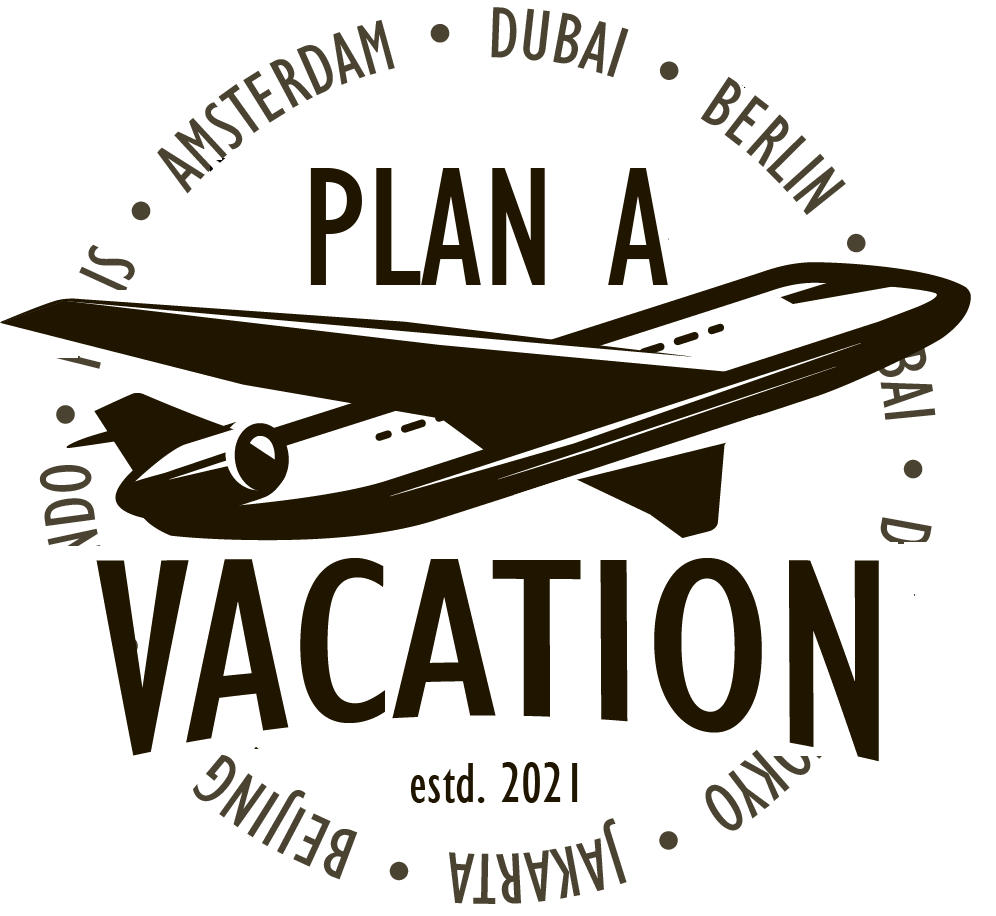Switzerland
Overview
The Swiss Confederation has long played an important role in the politics of Europe. As a neutral party, it has weathered two world wars and remained a center of finance for centuries. Its unique composition of semi-independent cantons has also made it a place where ideas flowed freely, becoming an important part of the Reformation. Modern Switzerland is no less important than it was in the past, retaining a role as a central nation of Europe that both plays a major role in European politics and that has steadfastly avoided becoming part of the European Union.
Do Some Light Reading
Quick Facts about Spain
- The Red Cross was founded in Switzerland on February 17th, 1863.
- The Swiss consume more chocolate per person than any people in the world.
- Switzerland has so many underground bunkers that it could safely house its entire population in the event of a nuclear war.
- Switzerland has not been involved in any kind of military conflict since 1815.
- The Gotthard Base Tunnel, the world's longest rail tunnel, goes through Switzerland.
Borders
Due to its central location, Switzerland has often been considered to lie at the crossroads of Europe. To its west, Switzerland borders France. To the east, it borders Austria and Lichtenstein. To the north, Swizterland borders Germany and to the south, Italy. The proximity to these major nations has made Switzerland not only an incredibly prominent nation in terms of trade, but also in terms of Europe's diplomatic community.
Area
Switzerland is a relatively small country, ranking at 132nd with an area of only 15,940 square miles. Completely landlocked, virtually all of Switzerland's area is land. The bulk of Switzerland is occupied by the Swiss Alps, though its major cities are on the Swiss Plateau. Unlike many other nations in Europe, Switzerland has no overseas holdings, nor does it own any islands.
Government
Switzerland's government is incredibly unique. While it is divided into three branches like most European nations, it honestly can be said that the individual citizens hold the most power. The Federal Assembly, which is composed of the National Council and the Council of States, makes the laws but any law can be challenged by any individual citizen of Switzerland. As such, Switzerland is as close to a functioning direct democracy as one is likely to see on a national level.
Switzerland is further divided into 26 cantons. Each canton has its own constitution and parliament. While the cantons are not truly autonomous, they have a great deal of individual power and take care of most of Switzerland's day-to-day governance.
Frequently Asked Questions
What languages are spoken in Switzerland?
Switzerland has four national languages, and its speakers are largely divided geographically. About sixty-three percent of Swiss residents speak German and are located in the central and eastern parts of the country. The next largest group, located in the west, speak French. The third, located in the south speak Italian while a small but significant group in the southeast speak Romansh.
All Swiss residents learn at least one other language in school and thus are expected to be bilingual in the official languages of the country. Due to the high number of international businesses located in the country, many residents in the larger cities also have a working grasp of English.
What is the climate like?
Switzerland's weather varies greatly by location, largely due to the difference in altitude between the Alps and the plains. As such, the mountains tend to be incredibly cold while other parts of the nation tend to be quite pleasant. Winters across the country tend to be relatively cold, while summers are humid and mild.
What currencies are commonly accepted?
The official currency of Switzerland is the Franc, but many places will also accept Euros.
What is the population?
The population is approximately 8.56 Million.
What is the capital?
The capital of Switzerland is Bern. Bern is located in the northwestern part of the country, between Geneva and and Zürich. Bern has a population of just over 133,000.
What time is it in Bern?
03:48:38, 09/19/2025
